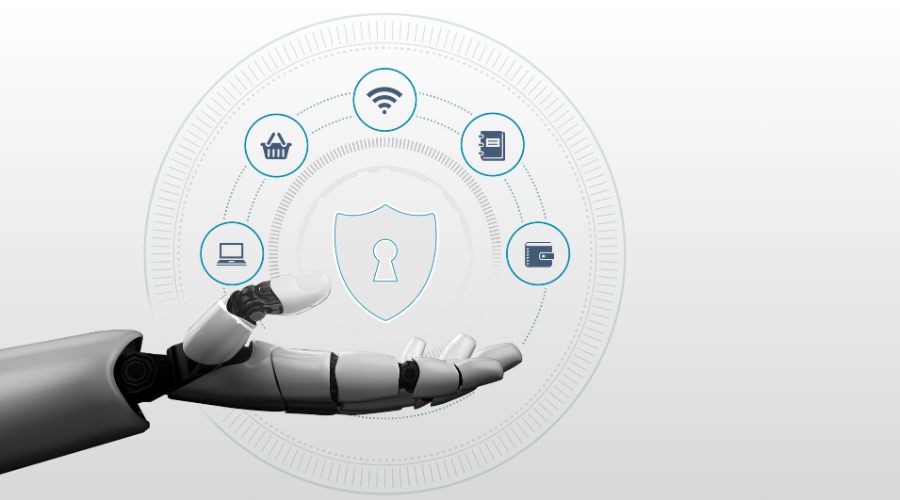
(5 min read)
On 19 November, the EU published its “Digital Omnibus”, meaning its proposals to reform data and AI laws, which are made within a broader context of simplification and with the aim of enhancing the competitiveness of EU companies. The proposals have caused concern for some privacy activists, but more positive reactions from AI developers and SaaS providers. Read our overview of the key proposals.
This is an updated version of our previous article about the leaked version of the Digital Omnibus.
It has been rumoured for some time that the European Commission was proposing to amend the EU AI Act, either by “stopping the clock” on entry into force or enforcement, or by simplifying some of its provisions. In addition, the ePrivacy Directive was due to be replaced by a new regulation at the same time as the GDPR became law, but the EU institutions were unable to reach consensus on the changes.
Although transposition of some of the EU new laws is still underway in the Member States, the Commission now proposes to pass a “Digital Omnibus” to reform these laws, but also go further, reforming related EU legislation, including making significant changes to the GDPR. The two proposals, one to reform the data and cyber laws (the GDPR, ePrivacy Directive, Data Act, Data Governance Act and the NIS2 Directive) and the other to amend the EU AI Act, have beenwere published on 19 November.
Some of the more significant proposals are as follows:
The changes set out in the proposal go further than expected and have provoked strong reactions from privacy activists. On 11 November noyb (Max Schrems’ privacy organisation), the Irish Council for Civil Liberties and European Digital Rights published a joint open letter to the European Commission expressing concern about the impact that these proposals would have on individuals’ privacy.
However, the changes would be welcome to many, as they would make some aspects of GDPR compliance less onerous, in particular the rules on using personal data to develop and operate AI models. In addition, the Data Act’s rules on cloud switching fees have caused serious concerns for SaaS providers, so the proposed relaxation of the rules for certain services will be welcome to relevant businesses. The single incident reporting mechanism will streamline the steps required at a difficult time, so would improve the current situation, which requires multiple reports to be made to different regulators within varying deadlines. However, while the proposed simplification of the rules for the use of cookies may be welcomed by businesses, it is likely to create new layers of problems. The newly proposed legal bases under the GDPR will only apply to the processing of personal data, whereas the scope of the ePrivacy Directive is broader and also covers cookies involving non-personal data.
The changes set out in the proposals will need to go through a public consultation and the EU legislative process before they become law, and are likely to be amended in the course of that process. We will monitor developments and provide updates in further articles.











